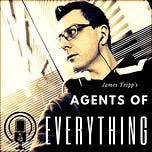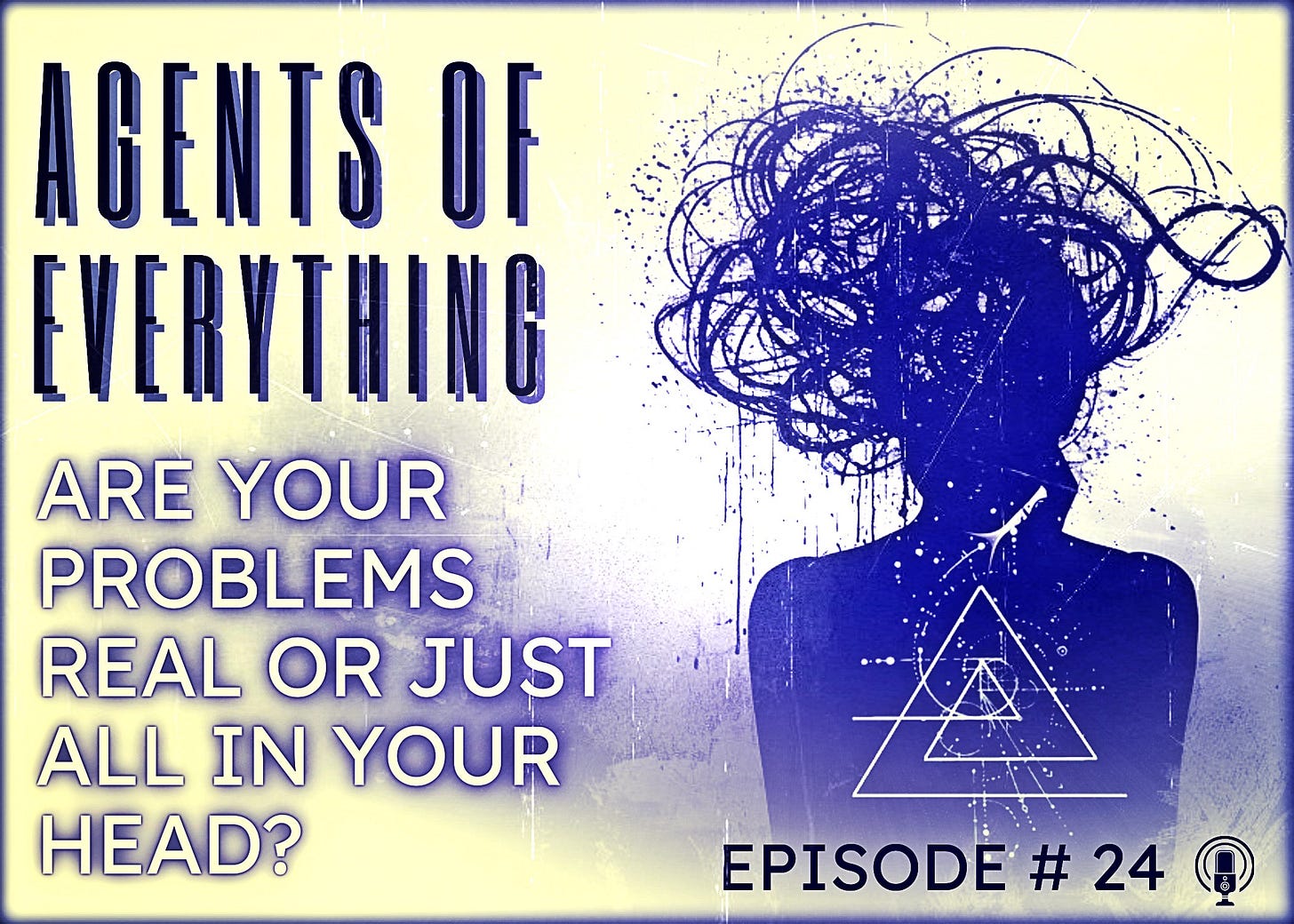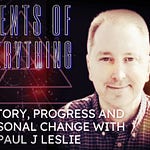🎙️Episode 24: Are Your Problems Real or Just In Your Head? 🎧
Welcome to another episode of Agents of Everything: the podcast that delves into the complexities of the mind, human interaction, and the challenges we face in our daily lives. In today's we explore this most important of questions: "Are your problems real or just in your head?"
Join me in unravelling the feedback loop between the mind and the body, discuss real-life case studies, and dissect how our perceptions shape our reality. From helping military veterans transition to civilian life to navigating personal and familial challenges, we'll venture into the depths of the human mindset and the influence it has on the world around us. Get ready to gain a new perspective as we navigate the complex terrain of human experience and the role of the mind in shaping our reality.
As always, I hope you get much goodness from this episode of Agents of Everything - if you so and would like to deepen your engagement, please consider joining the Agents of Everything Nexus - a Live monthly open frame mentoring call plus ongoing license to ask me anything plus access to the nexus resource library (over 270 sessions on creating yourself creator of a life that you love).
All the very best
James Tripp
🔍 Episode Contents:
Primary Topic: Understanding the Feedback Loop Between Body and Mind
- The case of a client with a meniscal tear who ended up disabled due to avoiding rehab for fear of pain.
- The importance of recognizing the role of mindset versus external circumstances in problems and guiding individuals towards making necessary changes.
- The work with military veterans for a Rock to Recovery organization transitioning to civilian life, often with a diagnosis of PTSD.
Primary Topic: Shifting Mindset and Taking Action to Change Circumstances
- The importance of choosing how to relate to situations, such as dealing with anti-English sentiment in Scotland.
- Using conversational hypnosis approaches to encourage mindset shifts and finding peace.
- The case study of a client who felt misunderstood and misrepresented by his siblings and changing his mindset to find peace.
Primary Topic: The Role of Mind in Psychosocial Problems
- Distinguishing between diagnosing issues in mechanical systems like a car versus the complexity of diagnosing problems in the human body.
- How thinking plays a part in psychosocial issues and changing thinking impacting engagement and feedback loops in social systems.
Primary Topic: Problems are Real or Just in the Mind
- The distinction between problems that exist externally and those that are mind-made or influenced by thinking.
- The challenge of helping people shift their mindsets about external problems that require a different perspective.
- Examples of individuals experiencing a positive shift in their mindset to improve their situations.
Primary Topic: Influence of Mind and Perception on Problems
- The "sucker's game" where people see the problem as external and get stuck in unchangeable situations.
- Cognitive bias like "how I see it is how it is" and "what I see is all there is" limiting people from considering new perspectives and options.
- The mind's perception and response to a situation contributing to how that situation unfolds.
Primary Topic: External Problems and the Role of Mind
- The distinction between the physical world and the psychosocial world, emphasizing the role of mind and human interactions in the latter.
- Understanding how one relates to a problem influences the solutions chosen and the experience of engaging with those solutions.
- Paranoia as an example of a problem that is 100% mind-made, with the mind creating a reality that may not fully align with actual events.
⌛ Timestamps:
00:00 Addressing human problems, not broader societal issues.
09:07 Supporting veterans and civilians through music therapy.
11:55 Helping people get unstuck for a better future.
20:08 Interacting with values and needs determines problem.
22:36 Husband paranoid about wife's activities, escalates conflict.
28:52 Defending fear but wants to get rid of it.
32:32 Anti-English sentiment in Scotland, varying degrees.
39:23 Conflict over solution causes sleepless nights.
43:51 Finding peace by changing perspective and actions.
53:06 Misinterpreting pain led to physical and mental decline.
54:21 Rehab after surgery influenced by problem formulation.
01:00:32 Cases study - financial and health challenges (zero hours contract).
01:06:29 Problems persist due to perceptual sets.
01:10:04 Adapting to changing global economic conditions, market.












